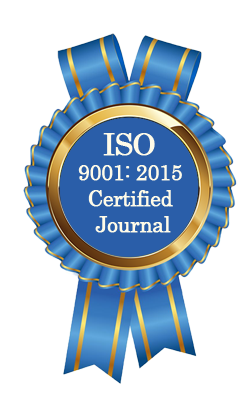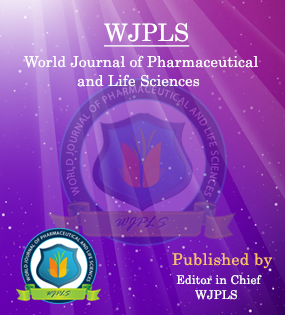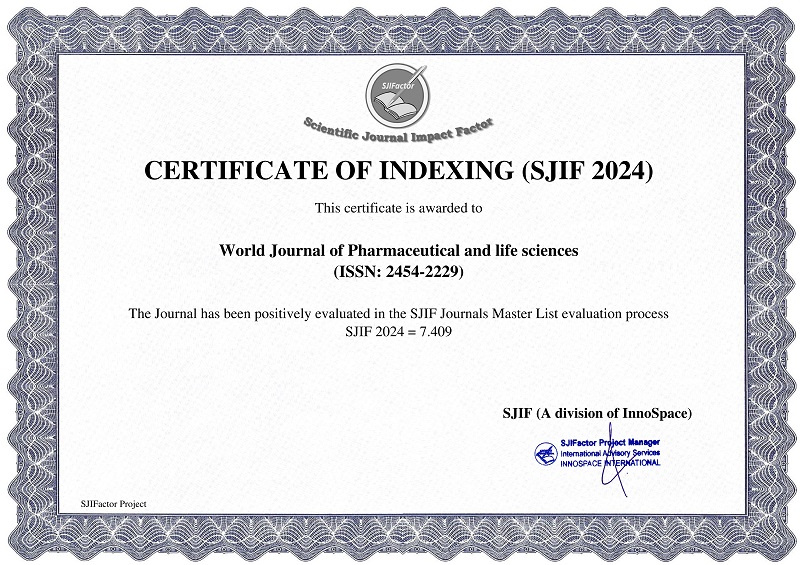Abstract
HOW CILENGITIDE REDUCES MORTALITY RATE IN SEPSIS THAN OTHER ANTIBIOTICS
M. Madhu Babu*, P. Krupa Rani, Ch. Sharika and D. Manasa Devi
ABSTRACT
Sepsis is a complex condition characterised by the simultaneous activation of inflammation and coagulation in response to microbial entry. These events manifest as systemic inflammatory response syndrome or sepsis symptoms through the release of pro inflammatory cytokines, pro coagulants, and adhesion molecules from immune cells and damage endothelium. Today, sepsis is a severe multisystem disease with difficult treatments and high mortality rate. So, the drug cilengitide has developed to treat sepsis and to decrease the mortality rate because, all antibiotics that used in sepsis which involve in inhibiting the bacterial growth but they does not stop bacterial attachment to endothelial cells this cause bacteria to spread / reach to major organs (vital organs) i.e. accumulation of fluids in major organs may takes place and cause septic shock/ organ failure. Here, this review summarizes that cilengitide is an antagonist of the major endothelial cell integrin, alpha-v beta-3 & this integrin is an adhesion molecule that mediates the adhesion of cells to the extracellular matrix and work effectively in stabilizing the blood vessels so that they cannot leak bacteria and infect major organs.
[Full Text Article] [Download Certificate]WJPLS CITATION 
| All | Since 2020 | |
| Citation | 590 | 424 |
| h-index | 12 | 10 |
| i10-index | 17 | 14 |
INDEXING
NEWS & UPDATION
BEST ARTICLE AWARDS
World Journal of Pharmaceutical and life sciences is giving Best Article Award in every Issue for Best Article and Issue Certificate of Appreciation to the Authors to promote research activity of scholar.
Best Article of current issue
Download Article : Click here





